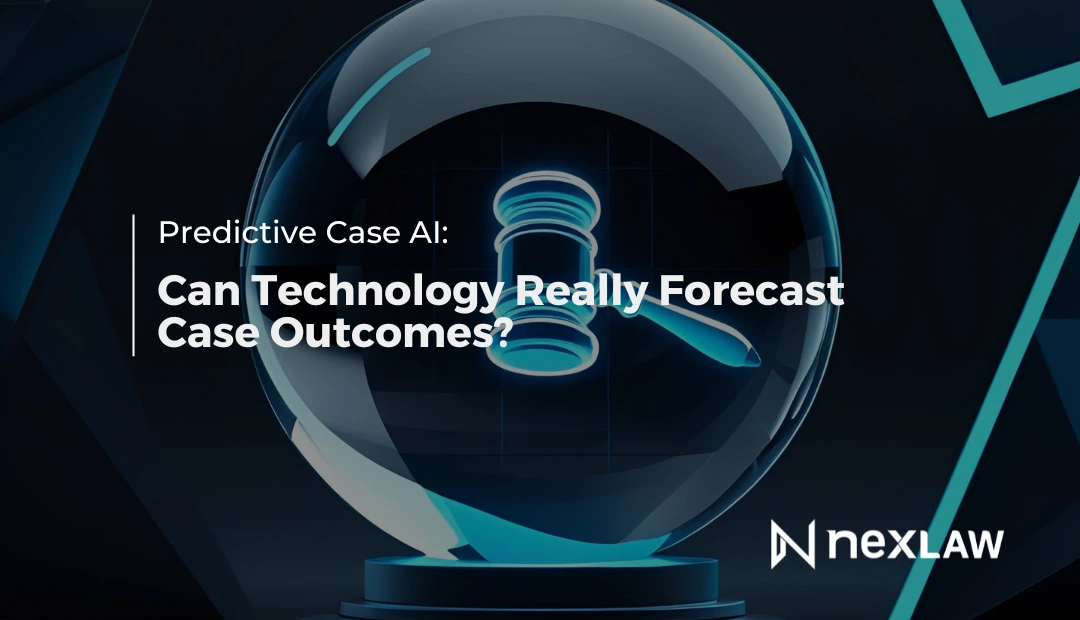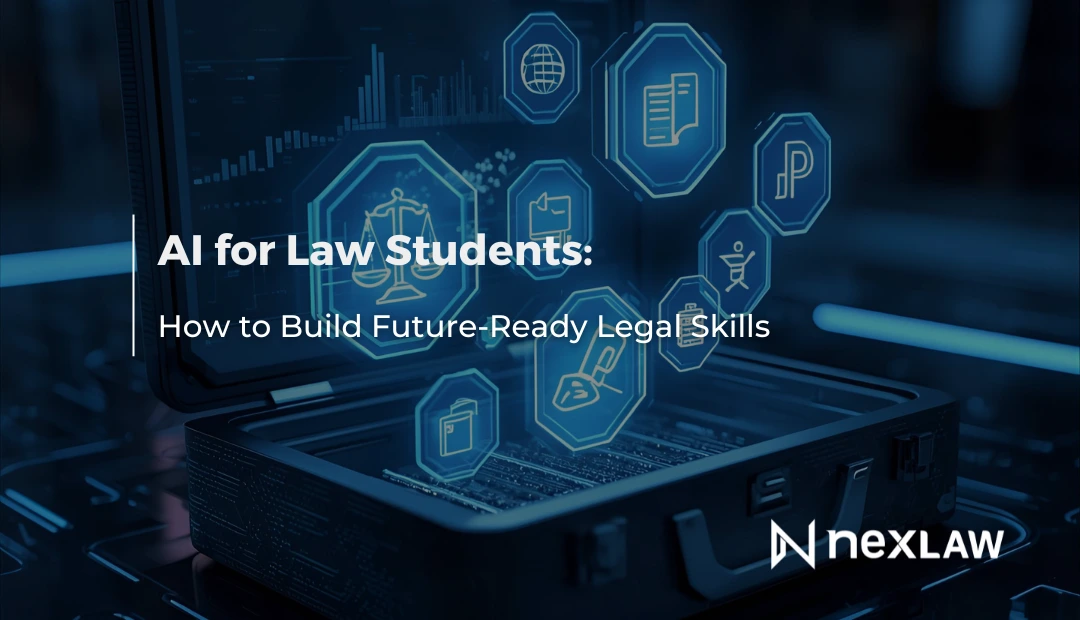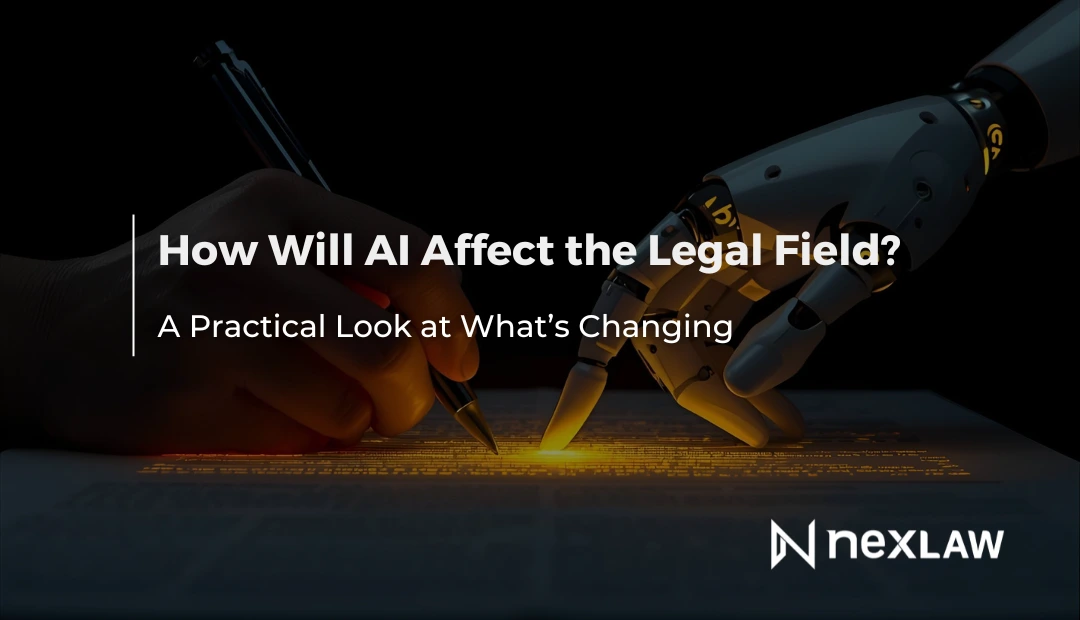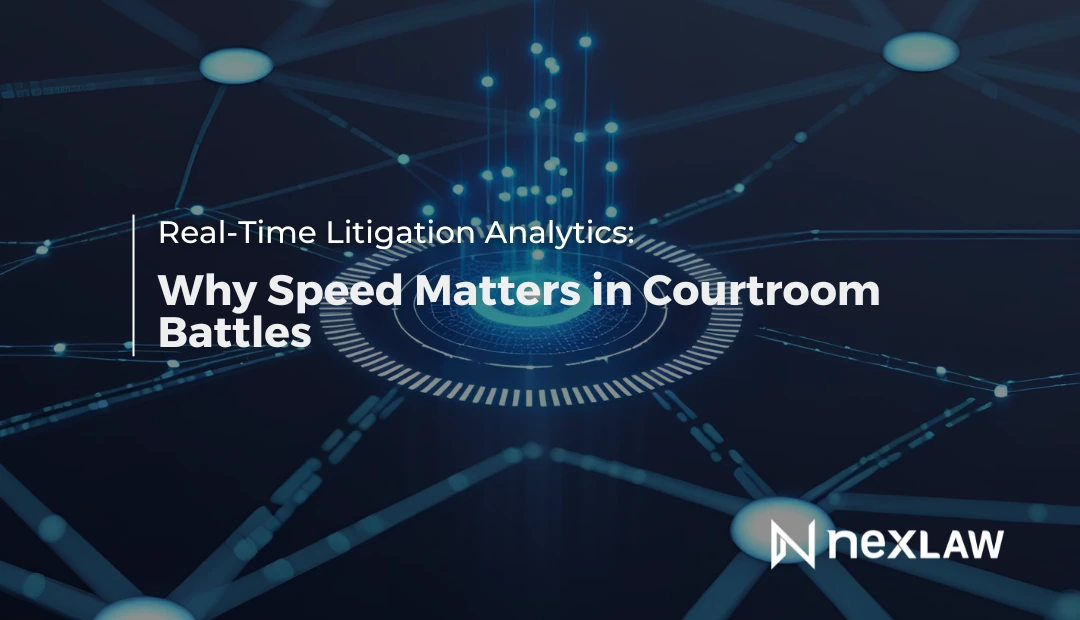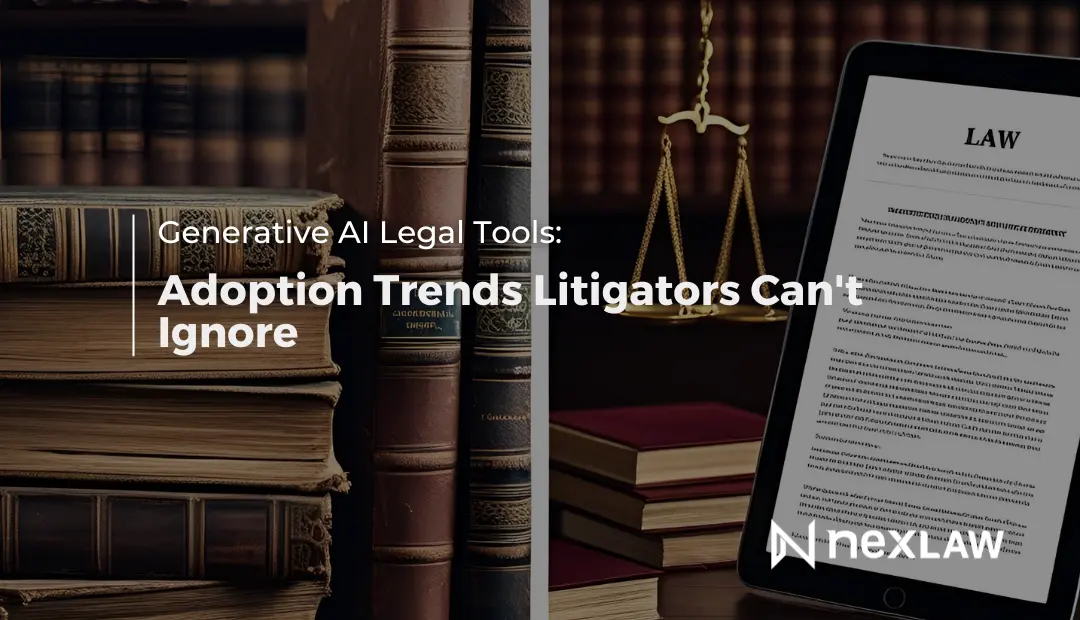Predictive Case AI: Can Technology Really Forecast Case Outcomes?
The question isn’t whether AI can predict case outcomes—it’s how accurately it can do so and whether attorneys can rely on these predictions for strategic decision-making. Modern AI predictive tools can deliver up to 80–90% accuracy by analyzing historical case data, judge behavior, and jurisdiction-specific trends. This remarkable precision transforms legal practice from intuition-based decision-making to data-driven strategic planning.
Unlock Legal Insights Instantly!
The Science Behind Legal Prediction
Predictive analytics involves using historical data to make predictions about future events. In the legal field, this means analysing past case outcomes to forecast the likely result of current cases. AI for lawyers plays a crucial role in this process, as algorithms analyse vast datasets of historical legal cases, identifying patterns and correlations that are not immediately apparent to human researchers.
Advanced platforms like Lex Machina analyse litigation data from federal and state courts, processing over 45 million customer-facing documents across more than ten million cases, involving 8,000+ judges and 6,000+ expert witnesses. This comprehensive data foundation enables sophisticated predictive modelling that examines hundreds of variables simultaneously.
The predictive process involves several analytical layers:
Historical Pattern Analysis: AI systems identify trends in similar cases, examining factors like case type, jurisdiction, judicial assignment, and opposing counsel characteristics.
Judicial Behavior Modeling: Advanced algorithms analyze individual judge decision patterns, timing preferences, and ruling tendencies across different case categories.
Contextual Variable Integration: Sophisticated models incorporate multiple contextual factors including economic conditions, legal precedent changes, and jurisdictional preferences.
Real-World Accuracy: Measuring Predictive Performance
Recent case studies demonstrate remarkable predictive accuracy across various legal domains. A notable example involves a machine learning model that forecasted litigation results with significant accuracy by analyzing past legal documents and decisions to establish patterns essential for determining potential verdicts in similar future cases.
Predictive accuracy varies by case type and analytical complexity:
- Contract disputes: 85-92% accuracy in settlement vs. trial outcomes
- Patent litigation: 78-85% accuracy in invalidity determinations
- Employment cases: 82-88% accuracy in plaintiff success rates
- Commercial litigation: 80-87% accuracy in damages award ranges
These accuracy rates surpass traditional lawyer prediction capabilities, which typically range from 60-75% even among experienced practitioners. The superior performance results from AI’s ability to process comprehensive datasets without cognitive biases that affect human judgment.
Strategic Applications: From Assessment to Settlement
Through this analysis, AI tools can predict the likely outcome of a case, considering factors like jurisdiction, judge behavior, precedent, and case specifics. This predictive capability enables strategic applications throughout litigation lifecycles:
Early Case Assessment: Predictive analytics provide scientific approaches to accurately forecasting case outcomes, helping attorneys make informed decisions and meet client expectations. This analysis enables resource allocation optimization and strategic planning from case inception.
Settlement Strategy: Predictive models forecast settlement probabilities and valuation ranges, enabling data-driven negotiation strategies. Attorneys enter negotiations with a robust understanding of potential case results, empowering them to pursue settlements that serve client interests optimally.
Resource Allocation: Predictive accuracy enables firms to evaluate potential risks and outcomes of active cases to allocate resources efficiently. This calculated management approach prioritizes cases with higher success probabilities or requiring additional attention.
NexLaw’s Predictive Advantage
While numerous platforms offer basic predictive analytics, NexLaw delivers superior forecasting accuracy through advanced analytical methodologies. Our platform’s unique approach combines multiple predictive models to achieve industry-leading accuracy rates.
NexLaw’s predictive superiority includes:
Comprehensive Variable Analysis: Our algorithms examine hundreds of case-specific variables simultaneously, providing more nuanced predictions than competing platforms that rely on limited data sets.
Continuous Model Refinement: Machine learning capabilities enable continuous improvement as new case data becomes available, maintaining predictive accuracy as legal trends evolve.
Integrated Intelligence: Unlike competitors offering standalone prediction tools, NexLaw integrates predictive analytics with comprehensive case management and strategic planning capabilities.
Custom Model Development: Our platform enables law firm-specific model training that incorporates firm historical data and practice area expertise for enhanced prediction accuracy.
Limitation Recognition and Risk Management
While predictive AI delivers remarkable accuracy, responsible implementation requires understanding technological limitations and appropriate risk management strategies.
Primary limitations include:
Data Quality Dependencies: Predictive accuracy relies on comprehensive, high-quality historical data. Predictions cannot be reliable when based on incomplete or biased datasets.
Novel Legal Issues: AI predictions prove less accurate for cases involving unprecedented legal questions or rapidly evolving regulatory environments where historical data provides limited guidance.
External Factor Sensitivity: Predictions may not account for external factors like major legal precedent changes, economic disruptions, or social movements that influence judicial decision-making.
Human Judgment Requirements: AI provides analytical support but cannot replace attorney professional judgment regarding case strategy, client counseling, and ethical considerations.
Ethical Considerations and Professional Responsibility
As predictive AI adoption accelerates, legal professionals must address ethical implications regarding technology reliance, client communication, and professional responsibility standards.
Key ethical considerations include:
Transparency Obligations: Attorneys must clearly communicate AI prediction limitations to clients, ensuring informed decision-making regarding case strategy and settlement considerations.
Competence Requirements: Professional responsibility standards require attorneys to understand AI tool capabilities and limitations to provide competent representation.
Bias Recognition: Predictive models may perpetuate historical biases present in training data, requiring careful analysis and appropriate corrections.
Confidentiality Protections: AI platform selection must ensure client confidentiality protection and data security compliance with professional responsibility requirements.
Implementation Best Practices
Successful predictive AI implementation requires strategic planning and systematic adoption approaches that maximize benefits while managing associated risks.
Platform Evaluation: Organizations should assess predictive accuracy, data security measures, integration capabilities, and ongoing support when selecting AI platforms.
Team Training: Comprehensive training ensures legal professionals understand predictive analytics capabilities, limitations, and appropriate applications for strategic decision-making.
Workflow Integration: Effective implementation integrates predictive analytics with existing case management systems and strategic planning processes.
Continuous Evaluation: Regular assessment of predictive accuracy and strategic impact enables optimization and ensures continued value realization.
Client Communication and Value Demonstration
Predictive analytics enhance client satisfaction by providing more accurate and timely legal advice. With AI, attorneys can predict case outcomes, legal trends, and potential risks with higher precision, enabling realistic client expectation management and strategic guidance based on data-driven insights.
Effective client communication regarding predictive analytics includes:
Expectation Management: Clear explanation of prediction confidence levels and uncertainty ranges enables informed client decision-making.
Strategic Options Analysis: Predictive models enable comprehensive scenario analysis that illustrates potential outcomes under different strategic approaches.
Cost-Benefit Analysis: Accurate outcome predictions facilitate transparent cost-benefit discussions regarding litigation vs. settlement options.
The Future of Legal Prediction
Predictive analytics continue evolving toward greater accuracy and more sophisticated analytical capabilities. As AI continues to evolve, its role in predictive analytics will likely expand, offering even more precise and actionable insights for strategic decision-making.
Emerging developments include:
Real-Time Prediction Updates: Continuous model refinement as cases progress, providing updated predictions based on new developments.
Multi-Jurisdictional Analysis: Expanded predictive capabilities across diverse legal systems and regulatory environments.
Integrated Risk Assessment: Comprehensive prediction platforms that incorporate business, financial, and reputational risk factors alongside legal outcome predictions.
Transforming Legal Strategy Through Prediction
Predictive case AI marks a turning point in legal strategy—bringing analytical precision to decisions that once relied solely on experience and instinct. Firms using predictive tools deliver stronger guidance, reduce risk, and outperform competitors in high-stakes litigation.
NexLaw AI empowers strategic decision-making through:
- NeXa AI Assistant - Analyzes legal data, case factors, and court behavior to forecast likely outcomes
- TrialPrep - Integrates predictive insights directly into litigation strategy and preparation
- ChronoVault - Aligns predictive trends with historical case timelines and fact patterns
Book a Demo - See how NexLaw powers outcome-driven litigation strategies
Explore Plans - Includes a free 3-day trial to test predictive analytics firsthand
GET 15% OFF for annual plans using promo code: ANNIV15MONTHLY or ANNIV15ANNUALY | Offer valid until August 31, 2025
